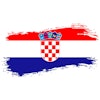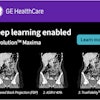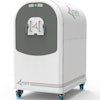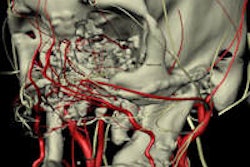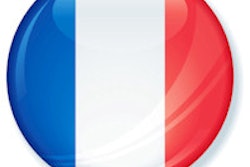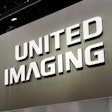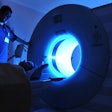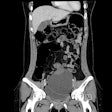Dear AuntMinnieEurope Member,
In theory at least, structured reports make complete sense. Unified layout and content are logical for procedure-based imaging. In reality, however, these reports have proved difficult to implement.
In a personal commentary, one of our site's editorial advisers, Dr. Leo Lawler from Dublin, asks why the introduction of structured reporting has been so slow. Go to our Healthcare Informatics Digital Community, or click here.
Facial transplantation has evolved rapidly since the first partial transplant was performed in France in 2005. At last week's RSNA meeting, the authors of a primer for radiologists won a prestigious Magna Cum Laude award in recognition of their work about the use of imaging in this field. Find out more in our CT Digital Community, or click here.
At the same congress, researchers from Utrecht in the Netherlands attracted attention with their study about how state-of-the-art CT scanners from the four major vendors resulted in different Agatston scores, volume scores, and mass scores. They think these variations may result in different treatment strategies. Get the story here.
Also making the news at RSNA 2013 were study findings on the benefits of digital breast tomosynthesis and how tissue density affects a woman's breast cancer risk as she ages. Visit our Women's Imaging Digital Community, or click here.
Meanwhile, a group from Essen University Hospital in Germany has validated the use of 7-tesla time-of-flight MR angiography to overcome the limitations of 1.5-tesla imaging for assessing intracranial aneurysms, due to its high-quality vessel-tissue contrast and improved spatial resolution. To learn more, click here.
A well-conceived trial run prior to PACS migration can identify the most important problems users will encounter during their switch to a replacement PACS and enable problem-solving ahead of time, Dutch researchers reported at RSNA 2013. Click here to read more.
For additional coverage from the Chicago meeting, log on to our sister site, AuntMinnie.com, and go to the RADCast @ RSNA.


